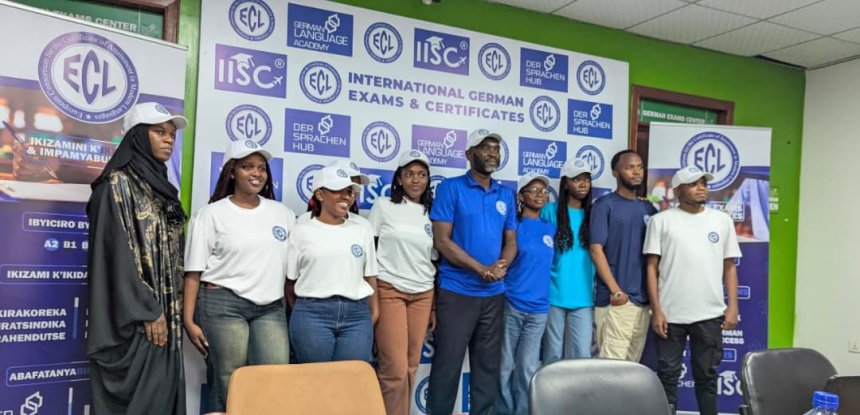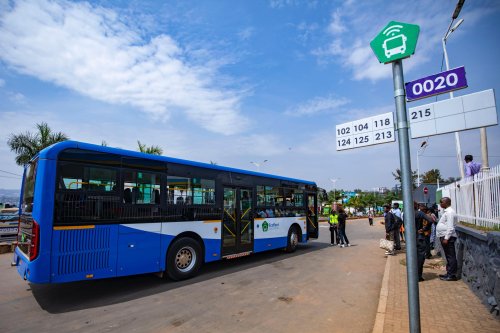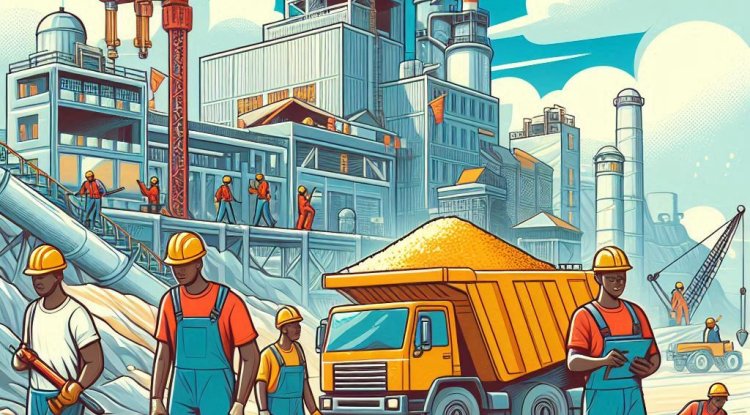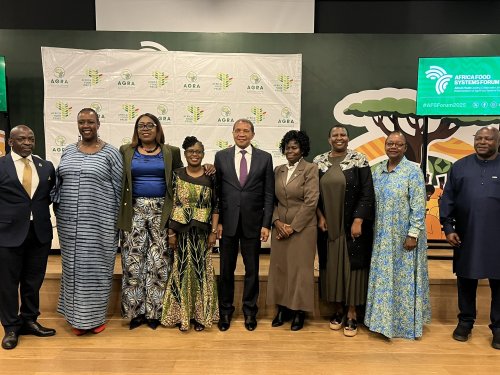Artificial Intelligence (AI) is not an Enemy, but a Partner
Lack of understanding of how to use Artificial Intelligence (AI) is one of the reasons some young people fear they may one day lose their jobs to it, while early adopters argue it is an opportunity to innovate and advance their projects. Technology experts emphasize that AI should not be seen as something that is coming to replace humans, but rather as a new helper in daily work.
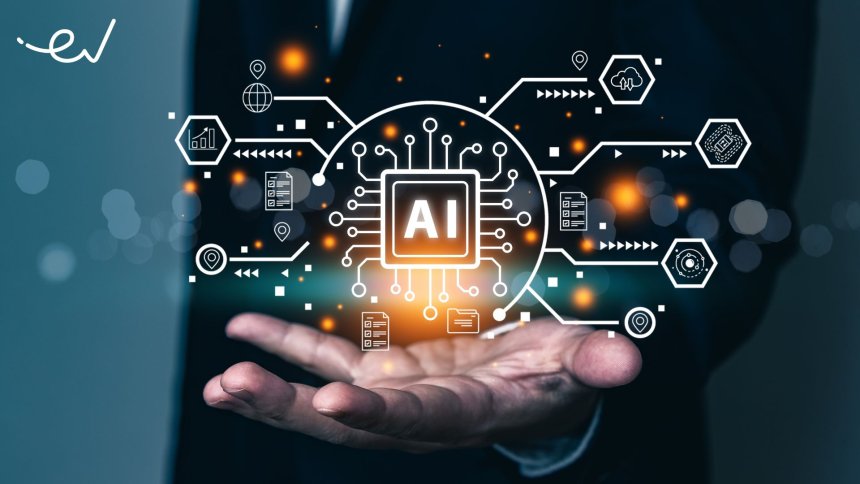
As the world continues to advance technologically, analysts believe this is a great opportunity for Rwandan youth and young people globally to learn and master AI, so they can be at the forefront of job creation, innovation, and competition in the future labor market.
Neema Mukeshimana, a young lady working in Kigali, says that the fact that youth have access to technology tools that facilitate their projects is an extraordinary opportunity in today’s competitive world of work.
She says: “When you use artificial intelligence properly, life becomes easier and it gives you time to think more about the development of your project rather than struggling with it.”
Bernard Manzi says that those who see AI as a threat are mistaken because it helps them work faster and provide better services.
“As someone building a sustainable business, AI helps us reduce costs and deliver services quickly. Anyone who sees it as an enemy is simply mistaken.”
Joseph Uwineza, a technology lecturer at Rwanda Polytechnic’s Musanze campus, believes the issue is not AI itself but the limited knowledge people have about how to use it.
“AI is not here to replace people, it is a tool that helps them. If you don’t understand it, that’s when it replaces you, but when you do, you embrace it as a partner in your activities,” he explains.
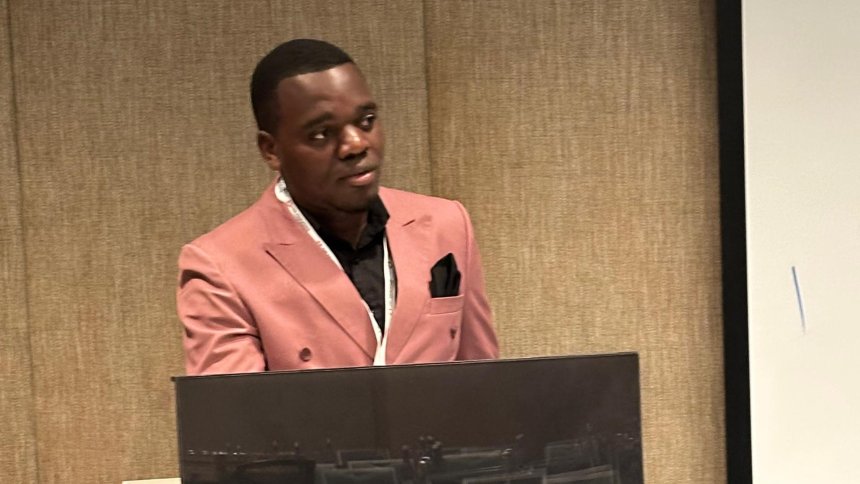 Joseph Uwineza, a technology lecturer at Rwanda Polytechnic’s Musanze campus
Joseph Uwineza, a technology lecturer at Rwanda Polytechnic’s Musanze campus
Uwineza also urged young people to learn how to use AI because that will help them cope with change. He said: “We want our youth to deeply understand that all these AI-based systems are not here to replace us; rather, we should know what we want to ask from AI and how we want it to help us in short, we should use it instead of letting it use us.”
A 2023 survey by the International Labor Organization (ILO) found that 60% of jobs in developing countries are susceptible to being impacted by AI. Meanwhile, a McKinsey Global Institute report titled “The State of AI” showed that as AI use increases, it will create up to 97 million new job opportunities worldwide by 2030.
In Rwanda, MasterCard Foundation’s 2024 figures reveal that 72% of youth want to create jobs using AI in the next five years, yet fewer than 35% have adequate knowledge of AI.


